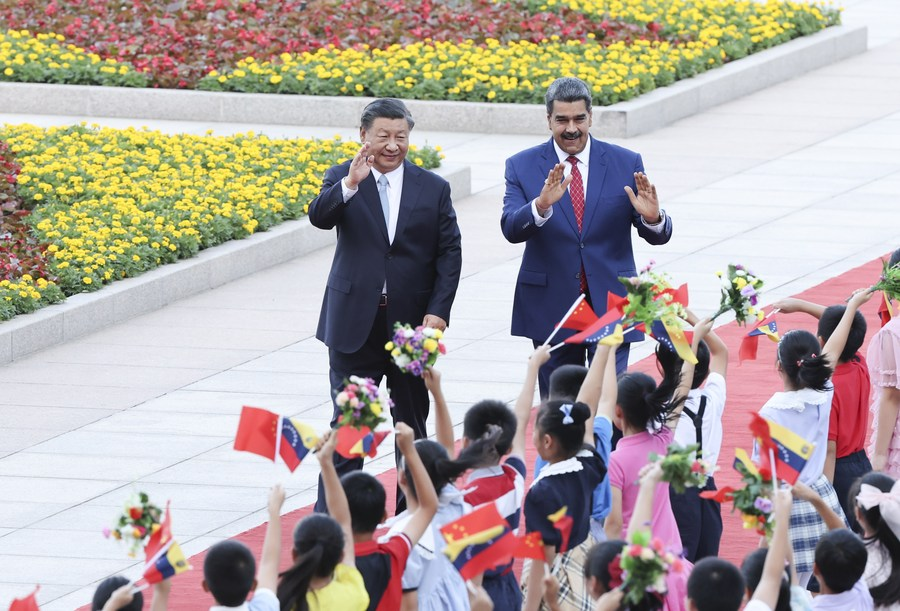Judgment: no sovereign immunity in case of economic espionage perpetrated by a Chinese company
- Gabriele Iuvinale

- 8 mag 2025
- Tempo di lettura: 2 min
The US Court of Appeals for the Ninth Circuit affirmed a district court’s denial of foreign sovereign immunity to a Chinese company accused of stealing trade secrets related to the production of proprietary metallurgy technology. United States v. Pangang Grp. Co., Ltd., Case No. 22-10058 (9th Cir. Apr. 29, 2025) (Wardlaw, Collins, Bress, JJ.)

Pangang is a manufacturer of steel, vanadium, and titanium. E.I. du Pont de Nemours (DuPont) had a proprietary chloride-route technology used for producing TiO₂, a valuable white pigment used in paints, plastics, and paper. Pangang allegedly conspired with others to obtain DuPont’s trade secrets related to TiO₂ production through economic espionage in order to use the stolen information to start a titanium production plant in China. The US government filed a criminal lawsuit.
In defense, Pangang invoked the Foreign Sovereign Immunities Act (FSIA) and federal common law, arguing that it was entitled to foreign sovereign immunity from criminal prosecution in the United States because it was ultimately owned and controlled by the government of the People’s Republic of China (PRC). In a prior appeal, the Ninth Circuit had found that Pangang failed to make a prima facie showing that it fell within the FSIA’s domain of covered entities. On remand, the district court again rejected Pangang’s remaining claims of foreign sovereign immunity, including its claims based on federal common law.
While the appeal was pending, the Supreme Court’s 2023 decision in Turkiye Halk Bankasi v. United States clarified that common law, not the FSIA, governs whether foreign states and their instrumentalities are entitled to foreign sovereign immunity from criminal prosecution in US courts.
This led to a rebriefing of the present appeal to focus on the now-controlling issues concerning the extent to which Pangang enjoys foreign sovereign immunity under federal common law. Under federal common law, an entity must satisfy two conditions to enjoy foreign sovereign immunity from suit:
It must be the kind of entity eligible for immunity.
Its conduct must fall within the scope of the immunity conferred.
The Ninth Circuit concluded that Pangang did not make a prima facie showing that it exercised functions comparable to those of an agency of the PRC and therefore was not eligible for foreign sovereign immunity from criminal prosecution.
The Court also found that “[t]he mere fact that a foreign state owns and controls a corporation is not sufficient to bring the corporation within the ambit of [sovereign immunity].” Since Pangang’s commercial activities were not governmental functions, there was no evidence that sovereign immunity should be applied. Therefore, the Ninth Circuit affirmed the district court’s denial of the motion to dismiss based on sovereign immunity.
[View source.]




Commenti